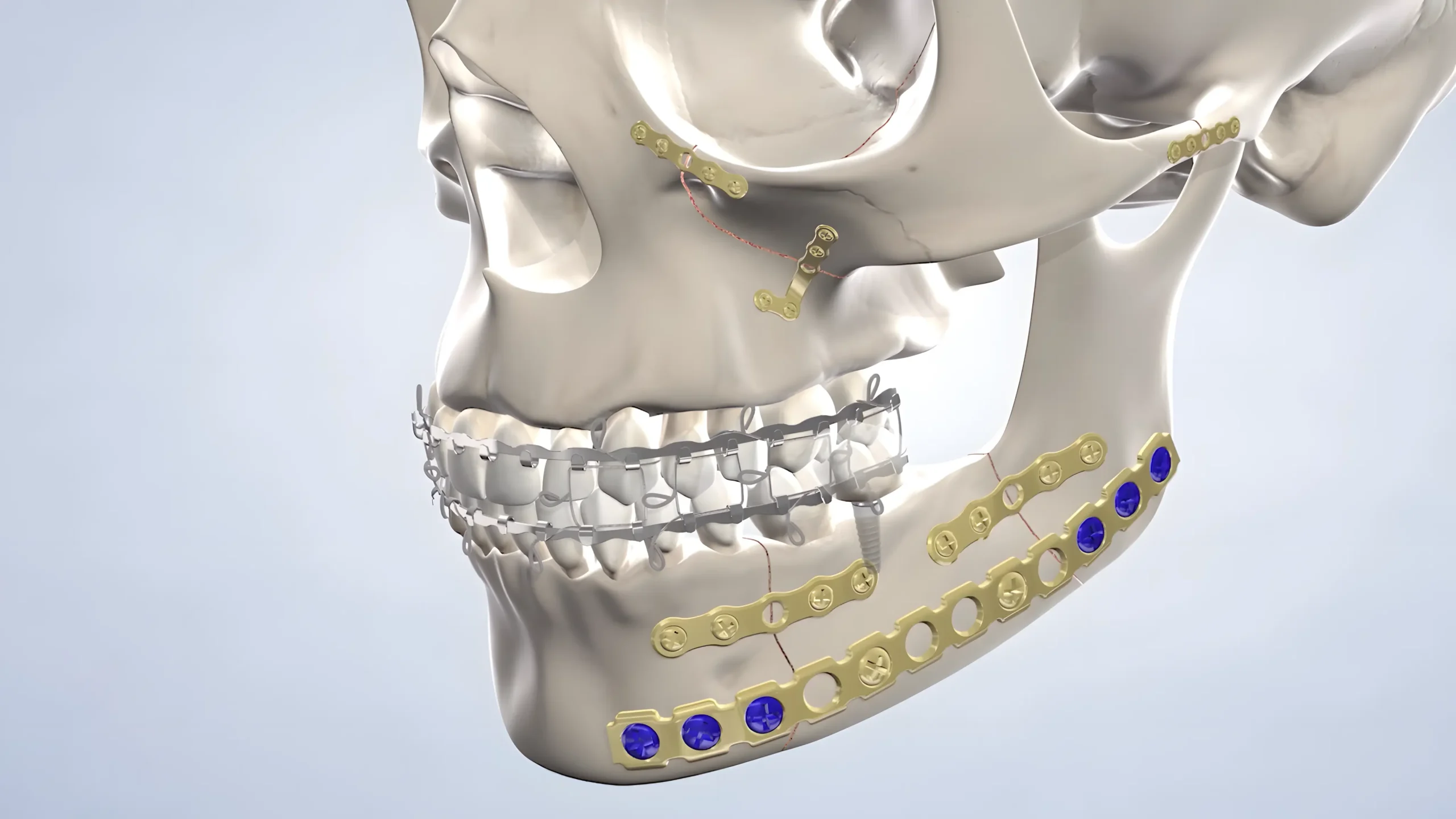December 2020
Oral and maxillofacial surgeons are experts at repairing facial trauma injuries. Minor tooth and face injuries can usually be handled at our office in Amarillo, TX, but more severe injuries should be treated in a hospital environment. Oral and maxillofacial surgeons are often on call at local hospitals and trauma centers to provide immediate care to those who have suffered a traumatic incident to the face. Their surgical expertise and understanding of important facial structures make them highly qualified to treat all kinds of injuries.
Treatments for Different Types of Facial Injuries
The treatment you need will largely depend on your injury and your overall situation. The goal of this treatment is to ensure that the facial structures heal and function properly, regardless of the cause or nature of the injury. When you come to our office for treatment, we will take 3D CBCT scans of your facial structures and discuss your anesthesia or sedation options to ensure you are comfortable during any procedure with us.
Dental Injuries
For broken or knocked-out (avulsed) teeth, you may be treated by either a general dentist or an oral surgeon. Oral surgeons usually treat avulsed teeth or fractures that affect the bone surrounding the tooth sockets. Usually, the tooth is stabilized by being bonded or wired to a neighboring tooth, allowing the injury to heal.
If your tooth is knocked out, bring it to your oral surgeon as soon as possible. The first 30 minutes after the injury allow for a better chance for reconnection. Do not wipe off any blood or connective tissue attached to the tooth. These tissues are important for reattachment. Also, do not try to disinfect the tooth with any soaps or alcohol-based cleaners. Place the tooth directly into a container of saliva or whole milk, and bring it to the office right away.
When an injured or knocked-out tooth is damaged beyond repair, your oral surgeon can place dental implants to replace your missing tooth. Your surgeon will also be able to evaluate the areas surrounding your injury to ensure that there are no other damaged areas.
Cuts and Lacerations
Generally, facial and intraoral cuts are treated through suturing. Oral surgeons will ensure that no important facial structures, such as nerves, salivary glands, or bones, have been damaged when repairing a facial cut. Your surgeon will use suturing techniques to minimize any potential scarring.
Fractures
When bone injuries occur to the jaw, cheekbones, or eye socket, an oral surgeon can surgically insert wires or tiny screws and plates to stabilize facial bones. These techniques can drastically improve healing times for facial fractures. When accessing the facial bones, your surgeon will use techniques that preserve your appearance by strategically hiding scars and using the least amount of incisions possible.
Hear From Facial Trauma Patients
These patients can tell you about the firsthand experience undergoing facial trauma at our office.





